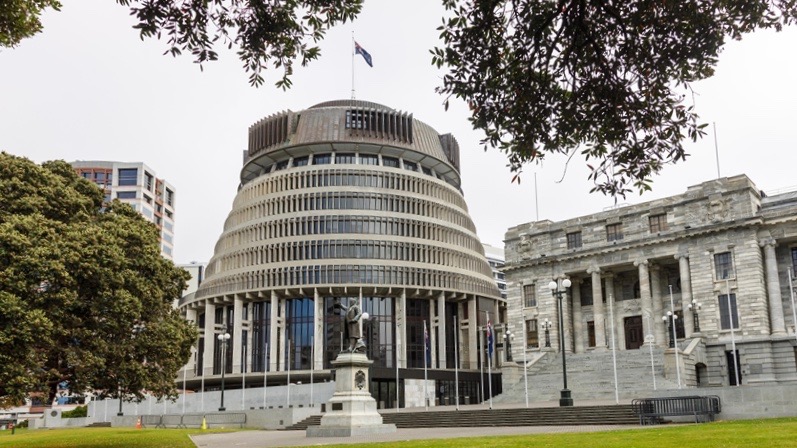On December 2, Wednesday, the newly elected parliament in New Zealand passed a resolution declaring a climate emergency. Though largely a symbolic gesture, the move is an official recognition of the growing need of policy actions to curb carbon emissions and undertake other measures to prevent climate change.
Except for the main opposition National Party, most other parliamentarians voted in favor of the declaration. Prime minister Jacinda Ardern told the parliament that the declaration is an acknowledgment of “one of the greatest challenges of our time” and the burden which the next generation “will carry if we do not get this right and do not take action now,” Reuters reported.
The National Party’s spokesperson said in parliament that the declaration is mostly a symbolic gesture, and “it is not worth making if there is no intention to act in the best interests of New Zealanders.” However, the Maori and Green parties welcomed the move as “long overdue”, Radio New Zealand reported.
#BREAKING A climate emergency has finally been declared in Parliament. Now let's back it up with action.#nzpol #ClimateEmergency pic.twitter.com/tYRETnOjqU
— Green Party NZ (@NZGreens) December 2, 2020
The declaration of climate emergency is based on the findings of the United Nations Intergovernmental Panel on Climate Change (IPCC), according to which, global emissions need to be reduced to zero by 2050 in order to avoid a 1.5-degree Celsius rise in global temperatures. It also sets a short-term goal of reducing global emissions by 45% at 2010 levels till 2023.
The declaration notes the “devastating impact that volatile and extreme weather will have on New Zealand” and the well being of its people. The government has promised to make its public sector carbon neutral by 2025. It also passed a Zero Carbon act in 2019, which states that New Zealand will achieve zero emissions by 2050 in all sectors except farming. All new offshore gas and oil exploration has also been banned.
The move will be supported by a fund of 200 million New Zealand dollars (around USD 140 million).
Wednesday’s climate emergency declaration made New Zealand the 32nd country to have done so, after countries like Japan, Canada, UK and France, among others.
New Zealand contributes just 0.17% of the world’s total emissions, standing at 17th among the 32 members of the Organization of Economic Cooperation and Development (OECD). Most of its emissions are related to road transport and agriculture. A sharp rise in emissions has been recorded in the last two decades.





